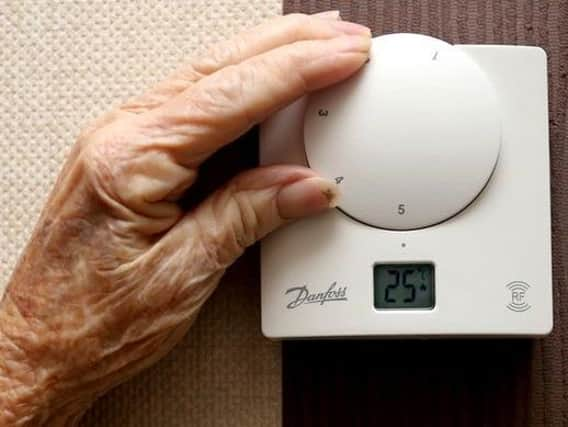Thousands of Wigan homes are hit by fuel poverty


Charity National Energy Action says 10,000 people in the UK lose their lives to a cold home each year, and that “we should be more alert than ever” to the problem’s health impact amid the coronavirus pandemic.
Data from the Department for Business, Energy and Industrial Strategy shows that 11 per cent of the 142,719 households in Wigan faced energy bills that pushed them into poverty in 2018 – the most recent year for which figures are available.
Advertisement
Hide AdAdvertisement
Hide AdIt means 15,394 of households in the area were fuel poor, with the rate falling from 12 per cent in 2017. Across the North West, 12 per cent of households could not afford their bills in 2018.
A household is considered to be fuel poor if their energy costs are above the national median, and if meeting those costs would push them below the poverty line.
The 383,000 fuel poor households in the North West were, on average, £348 short of being able to afford their energy bills each year, according to BEIS figures.
The Government has set targets to improve the energy efficiency of buildings that households in fuel poverty live in.
Advertisement
Hide AdAdvertisement
Hide AdIt aims to ensure that “as many fuel-poor households as reasonably practicable” achieve a minimum efficiency rating of Band C by 2030, with interim goals of Band E by 2020 and Band D in 2025.
Emergency measures to protect the energy supply of at-risk people during Covid-19 disruption were agreed by the Government and the energy industry in March.
Adam Scorer, chief executive of National Energy Action, said the Government should take further steps to avoid a “deadly collision” between the virus and fuel poverty-related mortality amid a possible second outbreak this winter.
He added: “Every year around 10,000 people die directly as a result of a cold home.
“Many thousands more who cannot afford to keep their homes warm are hospitalised, suffer from a severe respiratory condition or just shiver in damp, cold homes.”